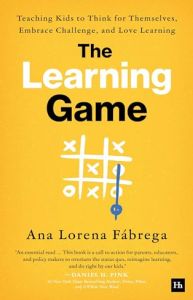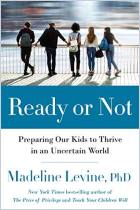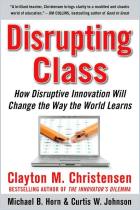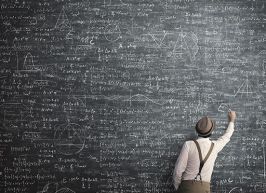加入 getAbstract 阅读摘要

加入 getAbstract 阅读摘要
Ana Lorena Fábrega
The Learning Game
Teaching Kids to Think for Themselves, Embrace Challenge, and Love Learning
Harriman House, 2023
看看什么内容?
The US education system is failing children. Learn how students can achieve better learning outcomes.
Recommendation
Humanity needs innovative thinkers with fresh perspectives to solve complex problems. Yet the US education system is failing children who exhibit these types of minds, says “edupreneur” and former elementary school teacher Ana Lorena Fábrega. Whether you’re a teacher or a student, young or old, Fábrega’s powerful treatise on the failure of institutional education will help you approach the “learning game” more effectively. Under Fábrega’s tutelage, learn to harness approaches such as gamification and experimentation, and start updating your mental models about learning today.
Summary
About the Author
Ana Lorena Fábrega is a former elementary school educator and the chief evangelist at Synthesis, an online learning platform that helps children learn to build a better future.





















Comment on this summary